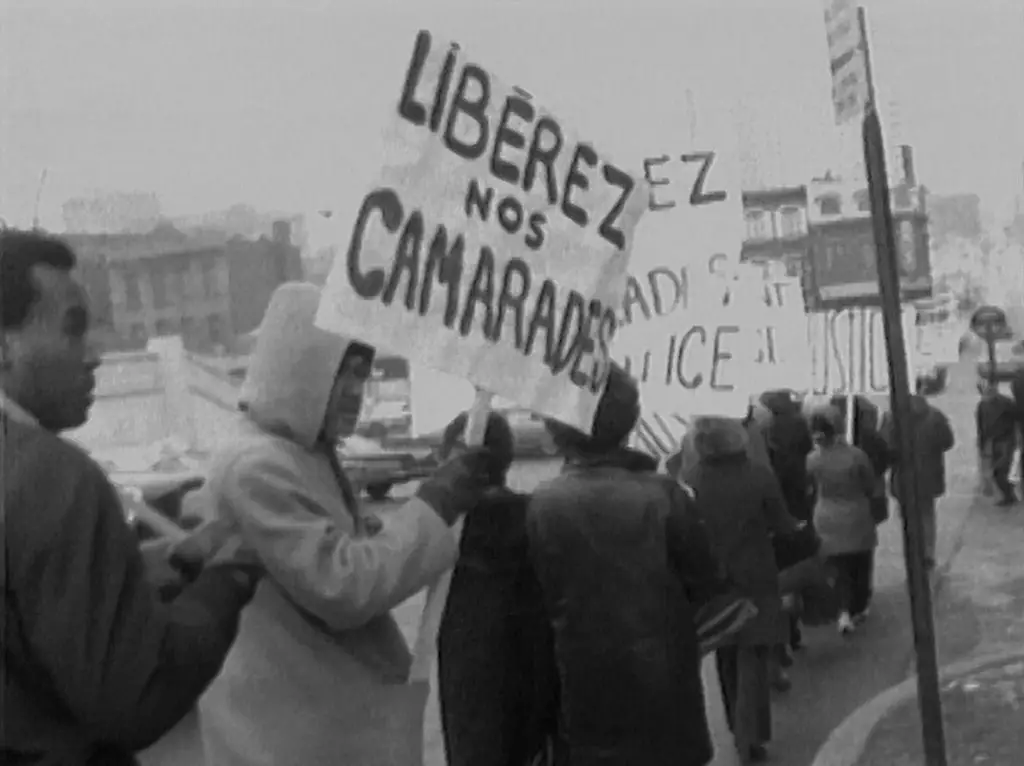For decades, the dominant narrative surrounding Civil Rights and Black liberation has fixated on iconic American cities like Atlanta, Montgomery, and New York, painting a picture of a struggle rooted primarily in the United States. This perspective, while understandable, dangerously narrows the scope of the movement’s global dimension. Critical voices have long argued that liberation efforts and resistance movements in Canada, especially in Montreal, deserve recognition as integral chapters of this story. The new documentary *True North* challenges this myopic view, revealing Montreal as a vibrant hub of Black activism and resistance during the tumultuous 1960s, a period often sanitized in mainstream histories.
The film underscores an inconvenient truth: the fight against systemic racism transcends borders. Montreal’s role wasn’t peripheral but central to a hemisphere-wide struggle against colonialism, oppression, and racial injustice. Ignoring this marginalized chapter perpetuates an incomplete, and frankly, distorted understanding of Black resistance. To dismiss Montreal’s contributions is to dismiss the broader reality—our interconnected histories demanding acknowledgment and respect.
Unearthing a Lesser-Known but Critical History
Most histories of civil rights movements overlook the powerful ripple effect that Montreal’s activism had far beyond its borders. The pivotal moments—like the Congress of Black Writers at McGill and the student occupations at Sir George Williams University—are more than mere footnotes; they symbolize a fierce assertion of identity and defiance against institutional racism in Canada. These events, which challenged colonial and racial authority, fostered a sense of political agency among marginalized communities, inspiring solidarity and resistance across the continent.
The documentary’s emphasis on archival footage and first-person testimonies uncovers a neglected narrative. These voices from elders who lived through those struggles are more than historical artifacts—they are living testaments warning us about complacency and urging continued vigilance. Recognizing their stories is vital. Their experiences embody a profound truth: resistance is neither exclusive to a fixed location nor limited to well-known figures. It is a collective, cross-generational endeavor rooted in the pursuit of justice.
The Power of Intersectionality and Pan-Hemispheric Connections
What makes *True North* especially compelling is its broad perspective—a hemispheric view that connects Caribbean, Canadian, and U.S. struggles under the umbrella of colonial legacies and state repression. This interconnected framework unsettles nationalistic narratives that often compartmentalize struggles as isolated incidents. Instead, it paints a picture of transnational activism where shared histories of empire and resistance reinforce each other.
This approach challenges liberal tendencies that sometimes promote a simplified version of history, which emphasizes individual heroism over systemic analysis. It instead advocates for understanding collective action, intersectionality, and historical context. Recognizing the shared legacies of colonialism and oppression across nations enforces the necessity of solidarity—an indispensable element of meaningful progress. Settling into comfortable myths of discrete national stories risks stripping away the complex realities of marginalized populations across the Western Hemisphere.
Why the Exclusion of Montreal’s History Matters
The continued marginalization of Montreal’s Black resistance history is more than an academic oversight; it reflects a broader societal tendency to overlook or undervalue non-American narratives of liberation. This erasure contributes to mainstream myth-making that elevates American civil rights heroes at the expense of overlooked communities elsewhere. Such neglect stifles a comprehensive understanding of social justice movements that have shaped our societies collectively.
Moreover, excluding Montreal from civil rights histories diminishes the importance of local activism in shaping systemic change. It trivializes efforts of students and communities who challenged racism in their own environments, often risking their safety and futures. The documentary’s focus on these stories is a clarion call to recognize that the fight for racial equality is communal and multi-faceted, demanding acknowledgment of diverse actors and moments—many of whom remain unseen or unremembered.
Embracing a Broader, More Inclusive Narrative
Ultimately, *True North* offers a vital re-examination of history—one that demands a shift from the narrow, often US-centric perspective to a more inclusive, truthful account. This shift is essential not just for historical accuracy but for fostering a more critical, engaged society. Recognizing Montreal’s role in Black resistance enriches our collective memory and highlights the importance of local activism within global struggles.
As a society rooted in principles of fairness and justice, embracing this broader narrative challenges us to confront uncomfortable truths and questions of cultural memory. It urges us to move beyond idolizing a select few and instead appreciate the vast, interconnected web of everyday resistance that propels social change. Only through this acknowledgment can we build a more equitable future—one that honors all who have dared to fight against injustice, regardless of geography or recognition.


Leave a Reply